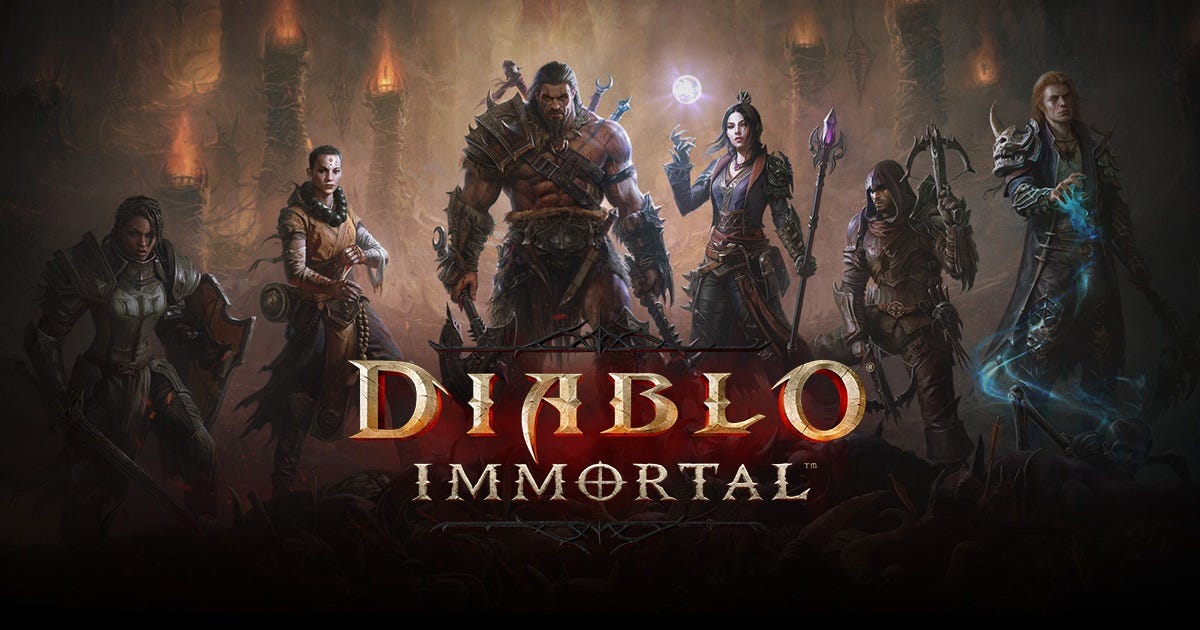FTC Penalizes Activision Blizzard and Plaion for Non-Disclosure of Loot Boxes

The video game world has been abuzz lately with the news that two companies, Activision Blizzard and Plaion, were fined by PEGI for not disclosing the presence of loot boxes in their respective games Diablo Immortal and Hunt: Showdown. This penalty shows the importance of transparency in the ratings process and how seriously PEGI takes its role in protecting consumers.
The loot box has become increasingly popular in the gaming industry as it allows developers to monetize gameplay without disrupting the players’ overall experience. However, this system also comes with potential pitfalls. It is important for players to be aware of when they may be subject to randomized purchases so they can make an informed decision about whether or not to participate.
In April 2020, PEGI introduced a warning label that was intended to inform players when a game includes loot boxes. This move came after a study conducted by Leon Xiao showed that inconsistent labelling between PEGI and its North American counterpart, the ESRB, was causing confusion. Despite this move, it appears that both Activision Blizzard and Plaion failed to disclose the presence of loot boxes when submitting their games for rating.
It is understandable why developers may try to avoid mentioning the presence of loot boxes in their games as it could impact the rating of their game. However, this lack of transparency could be potentially damaging, as it deprives players of the knowledge they need to make a wise decision about whether or not to purchase in-game items.
It is encouraging that PEGI has taken swift action by fining both companies and requiring them to update their store listings and marketing materials. This should provide players with the information they need to make an informed decision about participating in loot boxes and sets a precedent for other companies to be honest and transparent about what is included in their games.
Overall, it is clear that PEGI takes its role in protecting consumers very seriously. While companies may be tempted to omit certain details when submitting games for ratings, this decision could end up costing them much more than whatever benefit they might have gained from falsifying information. By taking a stand, PEGI is setting the tone that transparency in the rating process is a must.